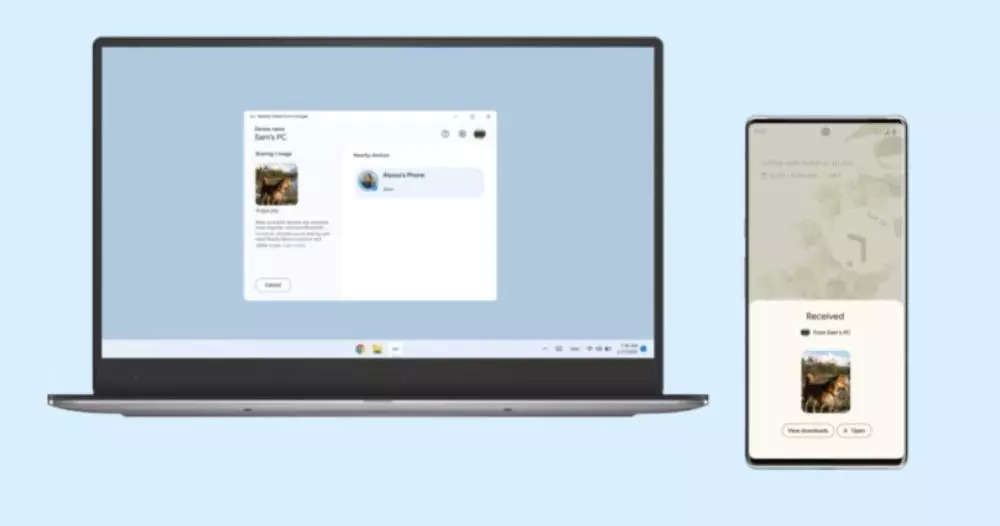Google makes Nearby Share for Windows available globally – Times of India
This means Android and Windows users from across the globe can now download and install the app and use it to transfer files from their Android phones, and tablets to Windows PCs and vice-versa,
Google has also updated the Nearby Share support page silently that now includes that the Nearby Share for Windows PCs is now available in almost all countries, except Cuba, Iran, North Korea, and Syria.
It is important to note though that the Nearby Share app for Windows is still in beta phase and the company hasn’t released the stable version yet. And, there’s no confirmation available when to expect to see the Nearby Share app on Windows out of beta.
Downloading Nearby Share for Windows
Google hasn’t yet listed the Nearby Share app for Windows on Microsoft Store. The app is in beta and it can only be downloaded via Android’s official website. The website provides an installer file for the app and it can be installed on Windows devices like any other regular app.
For those unaware, Nearby Share is Google’s alternative to Apple AirDrops and it is available on all smartphones, and tablets running the Android operating system. The feature allows users to transfer files, photos, videos, documents and other data wirelessly between compatible devices.
Nearby Share system requirements
- A computer with a 64-bit version of Windows 10 and newer
- An Android device with Android 6.0 and up.
- Bluetooth on both devices.
- If your Windows device doesn’t support BLE Extended Advertising, other people may not be able to find and share with you on certain networks.
window.TimesApps = window.TimesApps || {}; var TimesApps = window.TimesApps; TimesApps.toiPlusEvents = function(config) { var isConfigAvailable = "toiplus_site_settings" in f && "isFBCampaignActive" in f.toiplus_site_settings && "isGoogleCampaignActive" in f.toiplus_site_settings; var isPrimeUser = window.isPrime; if (isConfigAvailable && !isPrimeUser) { loadGtagEvents(f.toiplus_site_settings.isGoogleCampaignActive); loadFBEvents(f.toiplus_site_settings.isFBCampaignActive); } else { var JarvisUrl="https://jarvis.indiatimes.com/v1/feeds/toi_plus/site_settings/643526e21443833f0c454615?db_env=published"; window.getFromClient(JarvisUrl, function(config){ if (config) { loadGtagEvents(config?.isGoogleCampaignActive); loadFBEvents(config?.isFBCampaignActive); } }) } }; })( window, document, 'script', );
For all the latest Technology News Click Here


